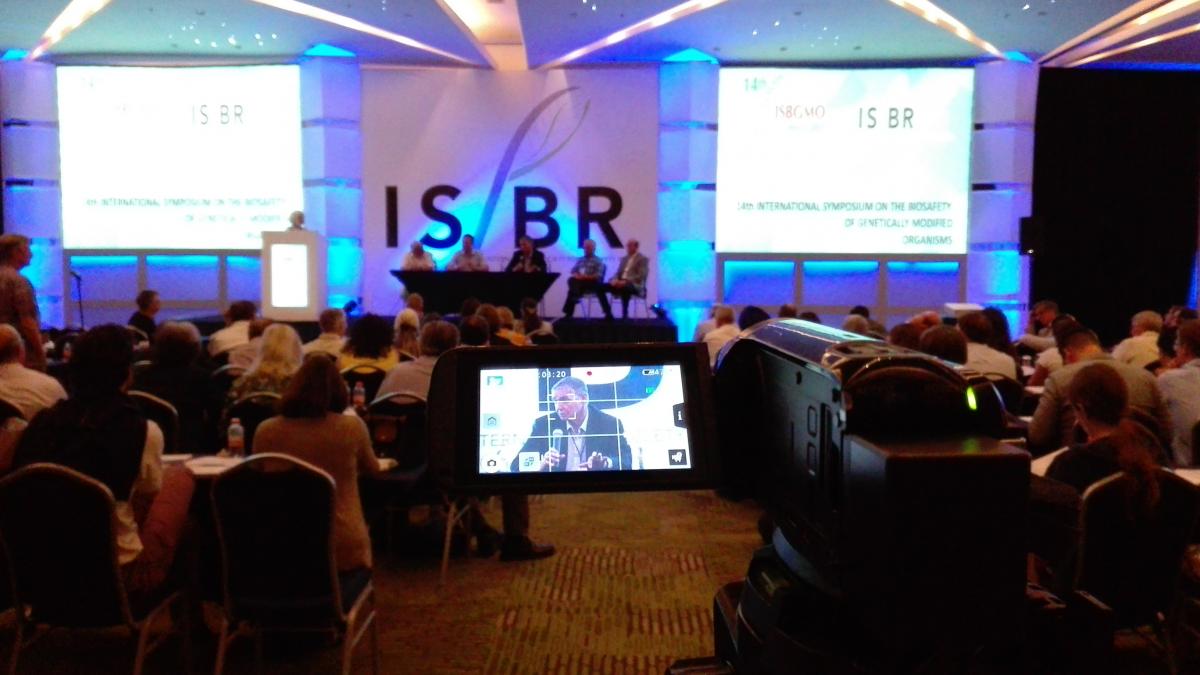
As the 14th International Symposium on the Biosafety of Genetically Modified Organisms (ISBGMO) continues this week in Guadalajara, Mexico, speakers are stressing the need to effectively communicate the science, benefits and safety protocols associated with biotechnology.
The symposium, established in 2000 by the International Society for Biosafety Research (ISBR), seeks to promote the practice and application of science in the fields of agricultural biotechnology and environmental risk analysis. The main goal is improving communication and promoting a multidisciplinary approach to biosafety research.
The ISBR event also offers participants a unique opportunity to share information and experiences, as well as engage in open and meaningful dialogue on biosafety research, risk analysis, policy and regulatory matters.
In the opening session, ISBGMO Chairman Dr. Ariel lvarez of Cinvestav Irapuato welcomed all the participants. He invited them to collaborate to become the basis of decisions regarding the possibility of using biotechnology for the benefit of the people in our home countries and to think, discuss and enjoy the science.
ISBR President Dr. Alan Gray of the Centre for Ecology and Hydrology said that one of the more important challenges that scientists face today is the need to ensure that the decisions they make, as well as the results of their environmental and risk assessments, are communicated effectively. They need to find ways to make the information understandable by everyone.
Dr. Inocencio Higuera, general director of the Center for Research and Assistance in Technology and Design of the State of Jalisco (CIATEJ), shared this message with the audience: GMOs are playing a key role in helping society to face challenges caused by climate change as well as many other problems. GM crops with resistance to drought and extreme temperatures are being developed in many parts of the world, and now in a more precise way using new powerful genome editing techniques. With techniques such as CRISPR CAS that now are available, we must profit from all the experience gathered during the past 20 years regarding GMO safety and push forward. History and scientific consensus are on our side at the highest levels in scientific and world organizations.
At end of the welcome addresses, Dr. Sol Ortiz, executive secretary of Mexico s biosafety organization, CIBIOGEM, offered a general overview of the challenges and opportunities in Latin America. Ortiz also gave special mention to the urgent need to to communicate the science, communicate the risk and communicate the science [to address] those risks. In the case of Mexico, it is especially important to communicate the risk to indigenous communities to ensure that vulnerable groups that need and want the technology have access to science. To reach that main goal, Ortiz said, we must improve science communication efforts.
